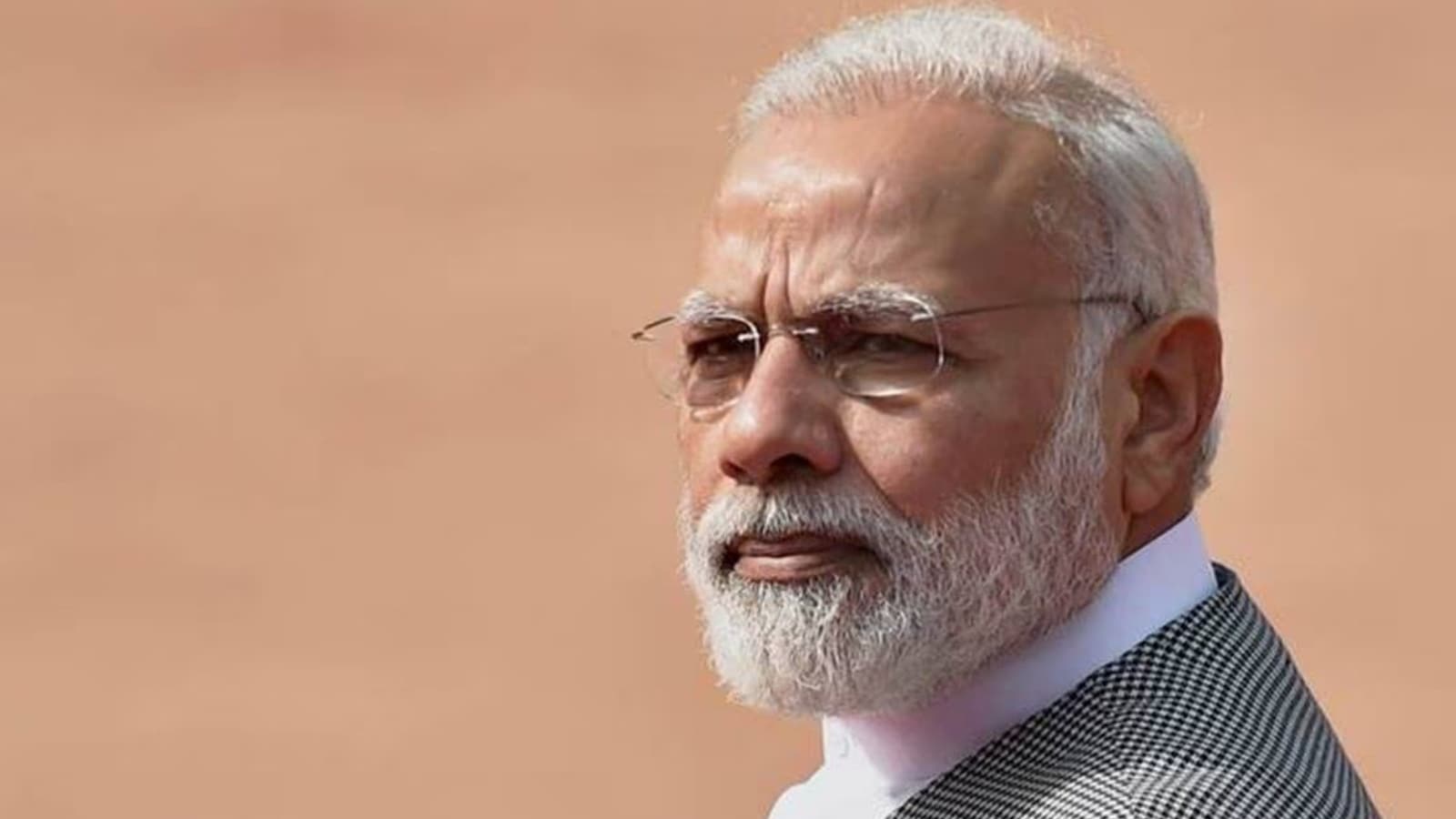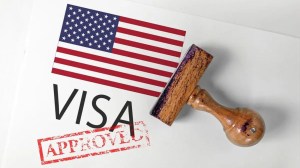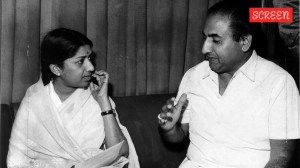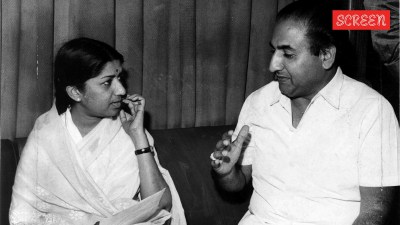PM Modi’s degree is ‘personal information’, Delhi University does not have to disclose: High Court
Delhi HC on PM Modi Degree Row: In 2016, the CIC directed inspection of records of students who passed BA Programme from the varsity in 1978 — the year when Modi graduated from DU with a bachelor’s degree.
 PM Modi Degree Row: In all, the HC was dealing with six petitions — which included four filed by DU — challenging the December 2016 CIC order. (File Photo)
PM Modi Degree Row: In all, the HC was dealing with six petitions — which included four filed by DU — challenging the December 2016 CIC order. (File Photo)PM Modi Degree Row: The Delhi High Court on Monday set aside a 2016 order by the Central Information Commission (CIC) that had directed Delhi University (DU) to disclose details of Prime Minister Narendra Modi’s degree in response to an RTI application.
Noting that there lies a “special relationship of trust and confidence” between a student and a university which is fiduciary in nature, the court held that information pertaining to an individual’s educational qualifications — including degrees and marks — falls within the ambit of “personal information” under provisions of the RTI Act.
In a plea moved before the HC in 2017, DU had challenged the CIC order which had directed inspection of records of students who passed BA Programme from the varsity in 1978 — the year when Modi graduated from the university with a bachelor’s degree.
The court underlined that “disclosure of academic details sans any overriding public interest, would amount to an intrusion into the personal sphere”, which is otherwise protected under right to privacy.
Justice Sachin Datta, recording that the framework of the university’s statutes “does not permit the disclosure of marks/grades to any third party”, said “there is a legitimate expectation on the part of the students that confidentiality shall be maintained” with regard to their information.
The court also relied on a Gujarat HC order of 2023 where it had similarly quashed and set aside an order of the CIC that had directed the varsity to “search for information” regarding PM Modi’s degrees at Gujarat University in 1983.
“It is unambiguously clear that the ‘marks obtained’, grades, and answer sheets etc., are in the nature of personal information and protected under Section 8(1)(j) of the RTI Act, subject to an assessment of overriding public interest… This court cannot be oblivious to the reality that what may superficially appear to be an innocuous or isolated disclosure could open the floodgates of indiscriminate demands, motivated by idle curiosity or sensationalism, rather than any objective ‘public interest’ consideration,” Justice Datta further recorded in the 175-page order.
The order further stated, “Disregarding the mandate of Section 8(1)(j) in such a context would inexorably lead to demands for personal information concerning official functionaries spanning the entire gamut of public services, without any real ‘public interest’ being involved. The RTI Act was enacted to promote transparency in government functioning and not to provide fodder for sensationalism.”
The verdict comes nearly six months after the court had completed the hearing on February 27 and reserved the case for orders.
In its ruling on Monday, the HC also noted that the “entire approach of the CIC” in its order directing for disclosure “was thoroughly misconceived”. It expressed “its dismay” that the CIC’s order “is based on a subjective critique rather than on the interpretation and application of the statutory provisions as they exist”.
Court dealt with six petitions: Here’s what they said
In all, the HC was dealing with six petitions — which included four filed by DU — challenging the CIC’s 2016 order.
The university’s pleas have been filed against the various RTI applicants — Neeraj Kumar, Mohd Irsad, R K Jain, and others.
Among the petitions filed by DU, one also challenged a CIC direction in the 2016 order. The Commission had directed the university to recover Rs 25,000 from the salary payable to the Central Public Information Officer (CPIO), in five equal monthly instalments, for rejecting an RTI application as the fee was not paid.
The court set this aside as well, recording that imposition of such a penalty and its recovery from the personal salary of the CPIO “requires clear, cogent and specific finding of deliberate wrongdoing or misconduct” — which the CIC failed to record in its order.
Justice Datta further recorded that “any perceived shortcomings in the procedure cannot be construed as “obstructionist” or “malafide”.
“The CIC ought not to have lost sight that the CPIO could not be faulted for seeking to adhere to the requirements under… RTI Rules, 2012. At the very highest, the conduct of the CPIO could be characterised as a procedural irregularity rather than a malafide or obstructionist denial of information,” Justice Datta recorded.
Taking note of the “staggering number of RTI applications” DU receives each year — between 2,100-2,400 per year from 2014-17 — the court observed that it “is demonstrative of the burden imposed on the CPIO” and, thus, recovery of penalty from the CPIO’s personal salary is “clearly disproportionate”.
Another petition was filed by Delhi-based lawyer Mohd Irsad, challenging the rejection of his RTI application seeking information about Modi’s degree. The application was rejected on the ground of non-payment of the RTI fee to the authority concerned at the appropriate time.
Meanwhile, the court also dealt with a petition filed by the Central Board of Secondary Education (CBSE) against one Mohd Nashadudin and others — they sought copies of the admit card and marksheet of former BJP MP Smriti Irani in an RTI application moved in 2015.
The Board challenged a January 2017 order of the CIC to facilitate inspection of records and provide certified copies of the documents selected free of cost, except personal details in admit card and marksheets.
Setting aside this order on similar lines, the HC held that the information sought in the RTI application “falls squarely within the exemption” contemplated under Section 8(1)(j) of the RTI Act.







